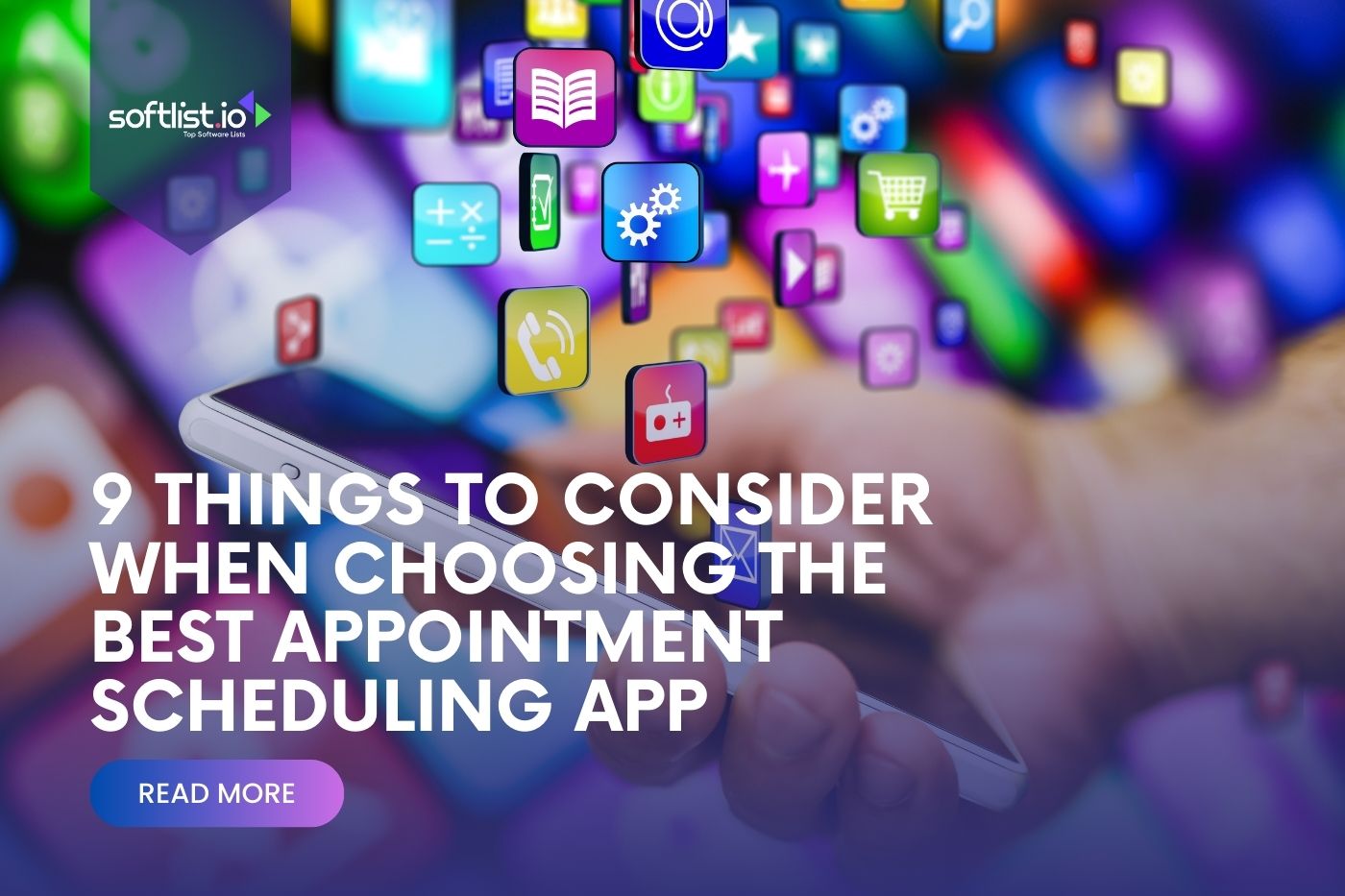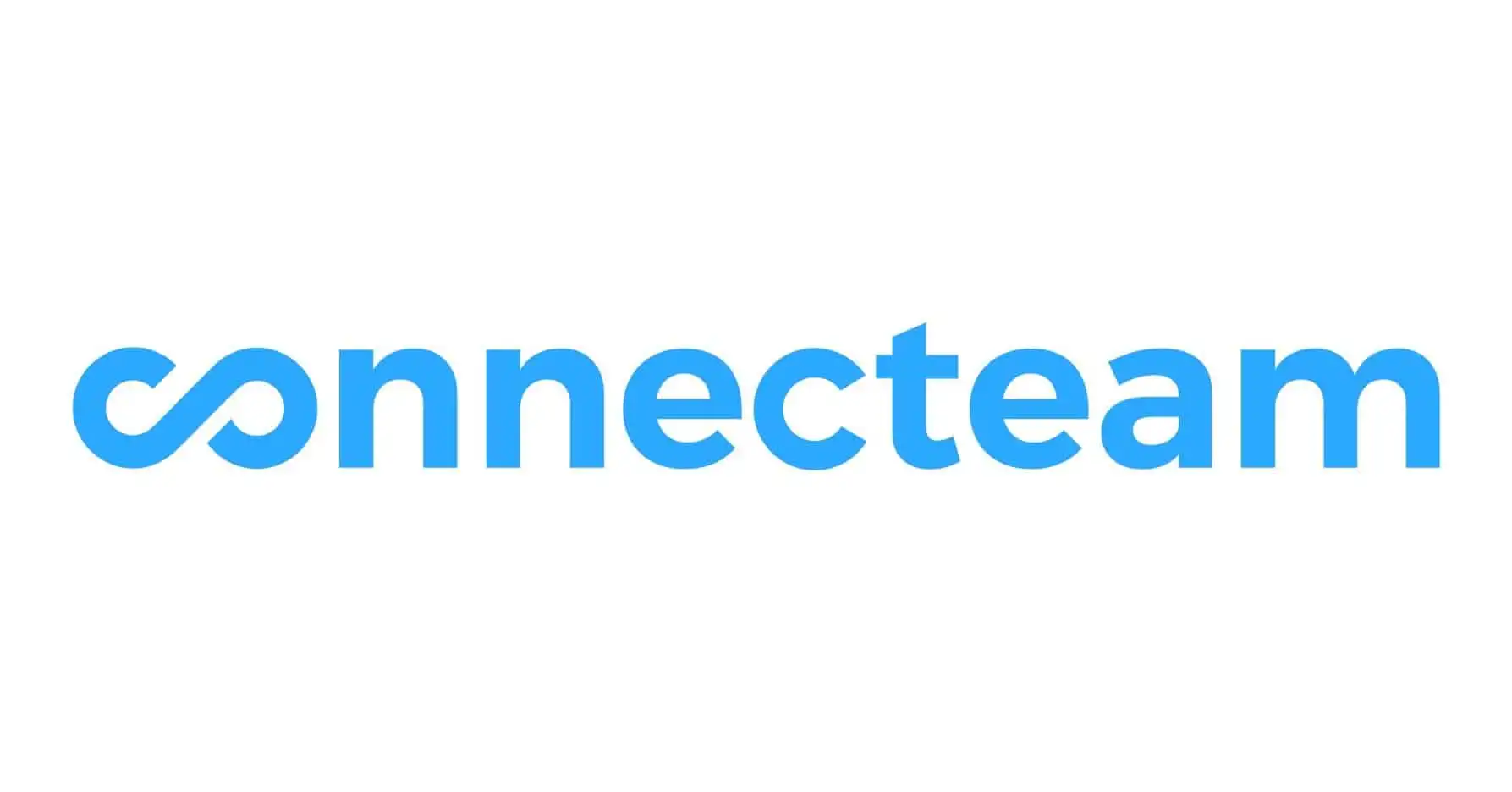Managing appointments efficiently is crucial for professionals and businesses alike. With an array of options available, from industry giants like SimplyBook to specialized platforms, choosing the right scheduling tool can significantly streamline your workflow.
Join us as we delve into the nine key factors to consider when selecting the best appointment-scheduling app for your needs. Whether you’re a solo entrepreneur juggling client meetings or a large organization coordinating staff schedules, our exploration will provide invaluable insights into optimizing your scheduling processes.
What is Online Appointment Scheduling Software or App?
Online appointment scheduling software or apps are digital tools that help you automate appointment booking and management. You can set your availability, and your clients can book their own appointment times through a user-friendly interface, typically accessible via a website or a mobile app.
This appointment-scheduling software often includes features like calendar synchronization, automated reminders, payment processing, and the ability to handle cancellations and rescheduling.
The goal is to streamline the scheduling process, reduce manual effort, and improve overall efficiency and convenience for you and your clients.
Source: Canva Pro
1. Prompt User Experience and Interface
The user interface (UI) and user experience (UX) of an appointment scheduling app are pivotal because they dictate how easily you and your clients can navigate and use it. A good appointment scheduling app should have a clean, intuitive interface that makes it straightforward for you to set up and manage appointments without confusion or frustration.
The UX should be smooth, with minimal loading times and intuitive navigation that reduces the learning curve and enhances user satisfaction.
2. Integration Capabilities
Integrating with other tools you use is essential for maximizing efficiency. For example, integrating the scheduling app with your calendar systems (like Google Calendar or Microsoft Outlook) ensures that all your appointments are synced automatically.
Integration with customer relationship management (CRM) systems can help you keep track of customer interactions and history, which is invaluable for personalized service. Before you decide on an app, ensure it supports the integrations you need to maintain a seamless workflow.
3. Customization Options
Customizing the app according to your specific needs can greatly enhance its effectiveness. This might include branding the booking interface with your logo and colors or adding custom fields to collect specific client information during the booking process. The more you can customize the app to fit your business model and client interaction style, the more professional and cohesive your booking experience will be.
4. Mobile Friendly Interface
With more people using their smartphones for almost everything, having a mobile-friendly interface is crucial. You’ll want an appointment scheduling app that provides a seamless experience on both desktop and mobile platforms, allowing you and your clients to schedule, cancel, or reschedule appointments easily.
This is particularly important if you or your clients are often out of the office, as it ensures that everyone can manage appointments anytime, anywhere.
5. Scalability
As your business grows, your needs will change, and the number of appointments you manage could increase significantly. The appointment scheduling app should be able to handle a growing amount of data and an increasing number of users without performance issues.
Additionally, it should offer different tiers of service or features that you can adopt as your business expands without having to switch to a new tool entirely.
6. Reliability and Support
The reliability of an appointment scheduling app is fundamental, as any downtime can directly impact your business operations and client satisfaction. You should look for online scheduling software known for consistent uptime and smooth performance. Equally important is the level of support offered by the provider.
Consider how quickly they respond to inquiries and whether they provide 24/7 support, which can be crucial if you encounter issues during non-business hours.
Additionally, look for resources like tutorials, user forums, and comprehensive FAQs that can help you troubleshoot common issues independently.
7. Security Features
Since appointment scheduling tools often handle sensitive information, such as personal details, contact information, and payment data, security cannot be overstated. Ensure that your chosen app complies with industry-standard security protocols and data privacy laws (GDPR or HIPAA, depending on your location).
Look for features such as end-to-end encryption, secure data storage, and regular security audits. Additionally, it’s important that the app provides secure access controls, allowing you to manage who within your organization has access to specific kinds of data.
8. Cost Efficiency
While the cheapest option isn’t always the best appointment scheduling software, you need to consider the cost-efficiency of any appointment scheduling app. Evaluate what you are getting for the price you pay.
This involves looking at the initial cost and any additional fees for integrations, support or added features as you scale. A good approach is to compare several apps to see which offers the best value for the features and reliability it provides.
Also, consider whether a free trial allows you to test the app before committing financially.
9. Analytics and Reporting Capabilities
Analyzing and reporting booking trends, customer preferences, and staff performance can be incredibly valuable. These insights can help you make informed decisions about your business. Look for an app that provides comprehensive analytics tools.
This might include dashboards that summarize your data, the ability to generate custom reports, or even predictive analytics that help forecast future booking trends. These features can help you optimize your appointment scheduling, resource allocation, and overall business strategy.
Top Appointment Scheduling Software Features
Source: Canva Pro
When you’re looking for top appointment scheduling software, several features are crucial for optimizing efficiency, enhancing user experience, and ensuring seamless functionality. These features streamline the appointment booking process, improve client communication, and facilitate a smooth integration with your existing business tools.
Here’s a detailed rundown of essential features that you should consider:
Customizable Booking Page:
You should be able to tailor your booking page to reflect your brand’s identity, adjusting colors, text, and layout to create a professional appearance that aligns with your marketing efforts.
Two-Way Calendar Syncing
It’s essential for maintaining an up-to-date schedule, allowing you to integrate with various calendar types like Google Calendar and Office 365, syncing both ways to prevent double bookings and ensure customers can schedule without hassle.
Automated Reminders and Notifications
The software should send confirmation and reminder messages automatically through SMS reminders and emails, helping reduce no-shows and keeping you and your clients informed.
Flexible Scheduling Options
This feature lets you set custom working hours, block out unavailable times, and manage last-minute bookings or cancellations, giving both you and your clients greater control over schedules.
Multiple Services and Providers
You should be able to list different services and assign various team members to specific appointments, essential for businesses with diverse offerings and staff.
Client Management Tools
Capabilities to securely store client information, track appointment history, and manage client preferences can enhance the personalization of your services and support your decision-making process.
Payment Integration
It is beneficial to be able to process payments securely at the time of booking through popular gateways like PayPal or Stripe. This feature lets customers complete their bookings with a simple login, converting interest into confirmed appointments.
Time Zone Adjustments
Automatic adjustments for different time zones are vital, especially if you deal with international clients, ensuring that everyone understands the correct times for scheduled appointments.
Online Meeting Integration
Integration with video conferencing tools like Zoom or Google Meet is essential for businesses conducting virtual meetings. This allows for direct links and scheduling within the booking process.
Custom Form Fields
You should be able to add custom questions or forms during the booking process to collect necessary information from clients beforehand, saving time during appointments.
Real-Time Availability
Clients should see real-time updates regarding your availability, allowing them to book available slots without needing back-and-forth communication.
Source: Canva Pro
Final Thoughts
Selecting the best apps for appointment scheduling can significantly impact your productivity and efficiency. By considering factors such as ease of use, advanced features, and compatibility with your specific needs, you can ensure that you make the right choice for your business or personal use. Whether you opt for industry-leading platforms like SimplyBook or explore other options, finding a solution that simplifies your scheduling and booking processes is key.
To delve deeper into this topic and explore additional insights, be sure to check out related articles on our platform. Remember, the best scheduling app is not just about booking appointments; it’s about optimizing your workflow and saving valuable time.
So why wait? Take the first step towards seamless meeting scheduling and efficient appointment management today. Explore the options, weigh the factors, and empower yourself with the perfect scheduling and booking software for your needs.
Best Scheduling Software
Frequently Asked Questions
What Factors Should I Consider When Choosing an Appointment Scheduling App for My Business?
When choosing an appointment scheduling app for your business, consider factors such as your business size, the specific features you need (e.g., recurring appointments, custom booking pages), integrations with other tools (e.g., WordPress, Facebook, and Instagram), and whether you require a free scheduling option.
Are There Any Free Appointment Scheduling Apps Available?
Yes, several free appointment scheduling apps and booking software options are available, such as Setmore and Calendly, which offer a free version with basic features for small businesses.
What Are Some Popular Appointment Scheduling Apps and Booking Software in the Market?
Some popular appointment-scheduling apps and booking software include Acuity Scheduling, Square Appointments, and Calendly, which are widely used by businesses looking to simplify their scheduling processes.
How Can Appointment Scheduling Software Help Retail Businesses?
Appointment scheduling software can help retail businesses create a seamless customer booking experience, manage appointments efficiently, and even integrate with point-of-sale systems to streamline operations.
What Are the Benefits of Using an Appointment Scheduler with Built-in Capabilities?
Using an appointment scheduler with built-in features like a custom booking page, recurring appointments, and integrations with other tools can enhance the user experience and streamline the booking process for both the business and the customers.
Can Appointment-Scheduling Apps Be Integrated with Social Media Platforms Like Facebook and Instagram?
Yes, many appointment scheduling apps offer integrations with social media platforms like Facebook and Instagram, allowing businesses to easily create a booking widget or link on their social media profiles.
How Can Appointment Scheduling Apps Benefit Service-Based Businesses Like Salons?
Appointment scheduling apps can benefit service-based businesses like salons by helping them manage their appointments efficiently, reduce no-shows through automated reminders, and even track client preferences for personalized service.









